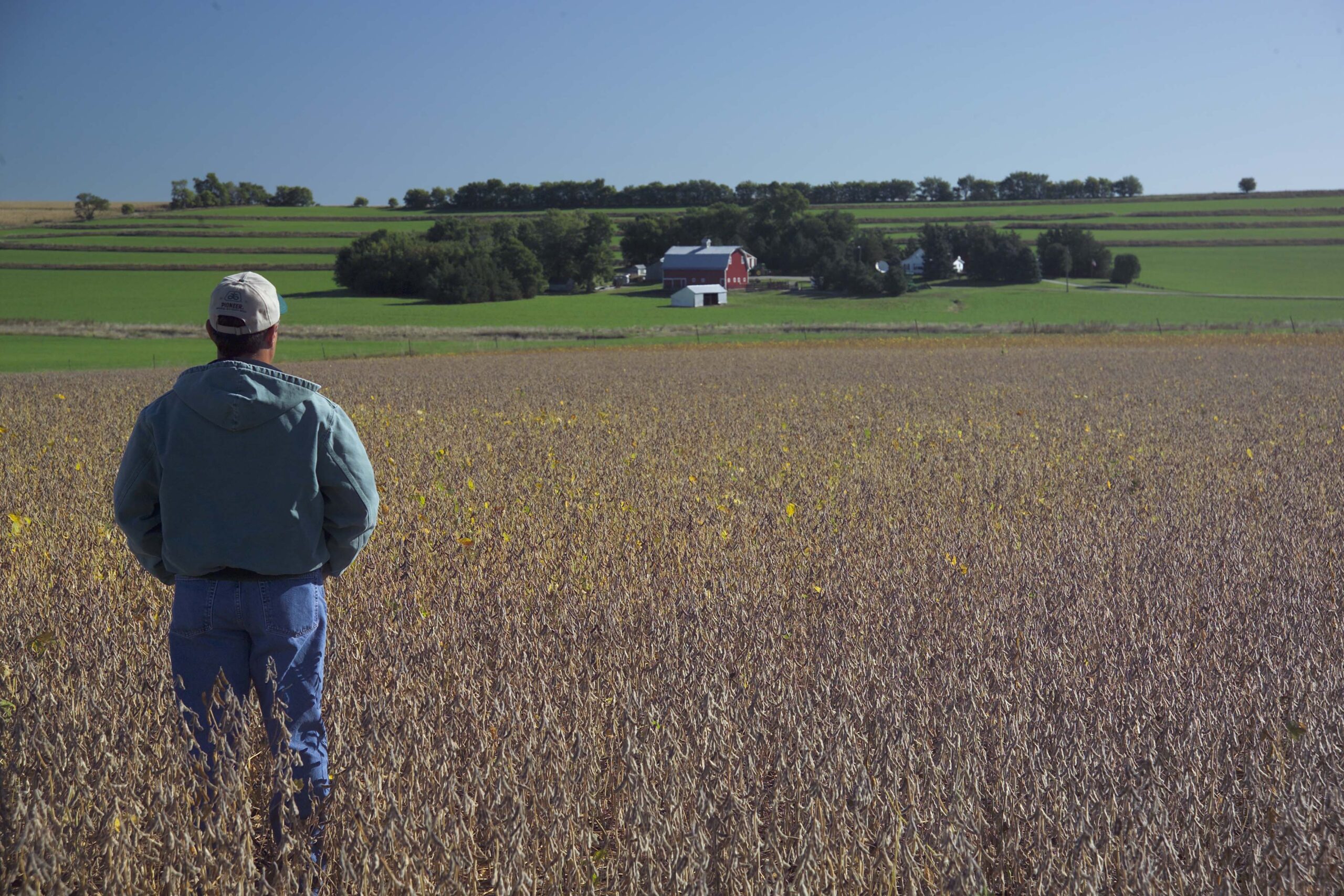Succession Planning Through the Generations

By Robert Moore, Attorney with the OSU Agricultural & Resource Law Program, and David Marrison, OSU Extension Agriculture & Natural Resources Educator
Farm succession planning is the process of transferring the ownership and management of a farm business to the next generation of owners. A farm succession plan, also called a farm transition plan, is a key component of any farm’s overall business management plan. A good plan increases the likelihood of passing a viable farming operation to future generations and keeping farm assets within a farm family.
Succession planning begins with identifying goals for the future of both the farm and the family. Frequently, the primary goals of the family are to keep the farmland in the family and prepare the next generation of farm managers. Other goals could include providing for retirement, addressing special issues with children, or planning for long term health care. Whatever the goals may be, healthy family communication and conflict management are often necessary to accomplish this important first step of succession planning.
After developing farm goals, the next step in the farm transition planning process requires the identification of strategies to implement the established goals. Strategies will likely be necessary in several different areas:
- Human resource strategies to identify, prepare and train the next generation of the farm business managers.
- Financial tools to aid in funding and implementing goals, such as insurance and retirement plans.
- Legal strategies and tools for effective asset protection and transfer, such as estate planning and business planning instruments.
Who should drive this farm succession planning process? We often think of succession planning as the responsibility of the older generation to implement for the younger generations. But succession planning should be addressed for each generation at each stage of their farming careers. It is never too early to start thinking about farm succession planning.
Succession Planning and Early Career Farmers
Exploring and understanding the farm’s succession plan is an important part of the learning process for beginning farmers. Farmers who are just beginning their careers are usually focused on learning about managing a farm business and finding their roles within the farming operation. An established succession plan should align with the beginning generation’s goals and capabilities. If it does not, the younger generation should encourage the older generations to modify the succession plan to meet their needs. If the elders are unable or unwilling to adjust the succession plan, perhaps joining the family farming operation is not the best opportunity for the young farmers. It is better to discover that you do not fit into the family farming operation at 25 years old than at 55 years old.
Some farms may not have a succession plan at all. When that’s the case, the younger farmers should strongly encourage the older generations to develop a succession plan. Most farmers begin their career working long hours for relatively low wages to help the farm grow and are willing to make this sacrifice provided they will someday receive a viable farming operation. Without a succession plan, the younger generation cannot be sure what they are working towards. No farmer wants to find themselves in the situation where they have worked their whole lives on the family farm only to find they cannot continue the farm due to an insufficient or non-existent succession plan. Beginning farmers should stress the importance of a good succession plan to the older generations.
Succession planning and midcareer farmers
For farmers who are established in their farm careers but not yet looking towards retirement (the “middle generation”), a succession plan is also very important. A succession plan helps transition farm assets from the older generation to the middle generation. The succession plan ensures that assets, specifically land, is either inherited by the middle generation, can be successfully purchased by the middle generation, or are available in some way to the middle generation. Even established middle generation farmers can struggle to continue the farm if the older generation’s succession plan is insufficient.
The middle generation should also implement or update the succession plan for the younger generation. A plan that was implemented when the farm family children were minors will likely be different than the plan needed when the children are young adults. And keep in mind that a good succession plan is necessary to protect the sacrifices that younger generation may be willing to make to join the farming operation.
Succession planning for seasoned farmers
A succession plan is also important to the oldest generation. This generation no longer needs the succession plan to address what assets they might inherit but, rather, needs a succession plan to address how their children or grandchildren will inherit farm assets. And of course, the plan must also provide for the oldest generation’s financial needs.
The challenge for many older farmers is balancing the goal of passing a viable farming operation to the next generation while providing an equitable inheritance to non-farming heirs. This challenge can deter the oldest generation from thinking a fair plan is possible. Many financial and legal tools can address this issue of equitable inheritance between farm and non-farm heirs, however. Professionals knowledgeable and creative in farm succession planning can assist the older generation in creating and implementing a plan that is fair for all family members.
Succession planning is a lifelong process
Farm succession planning can and should be a lifelong process for each generation of the farm family. The succession plan may be important for different reasons to different generations at different times in their careers. But good succession plans are universal in that they can continue the family farm and keep farm assets in the family for generations to come.
Assistance with farm succession planning
Ohio State University Extension offers farm succession planning resources and workshops that can help a farm family develop a farm succession plan. See OSU Extension’s “Planning for the Future of Your Farm” materials and workshops on OSU’s Farm Office website at go.osu.edu/farmplanning.

